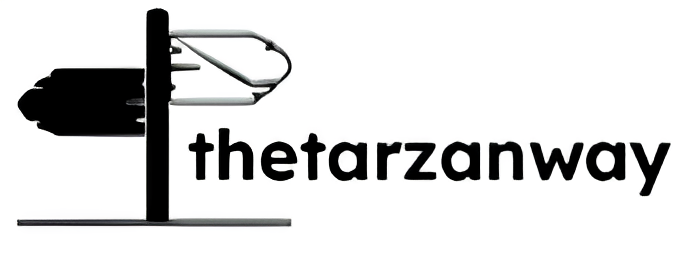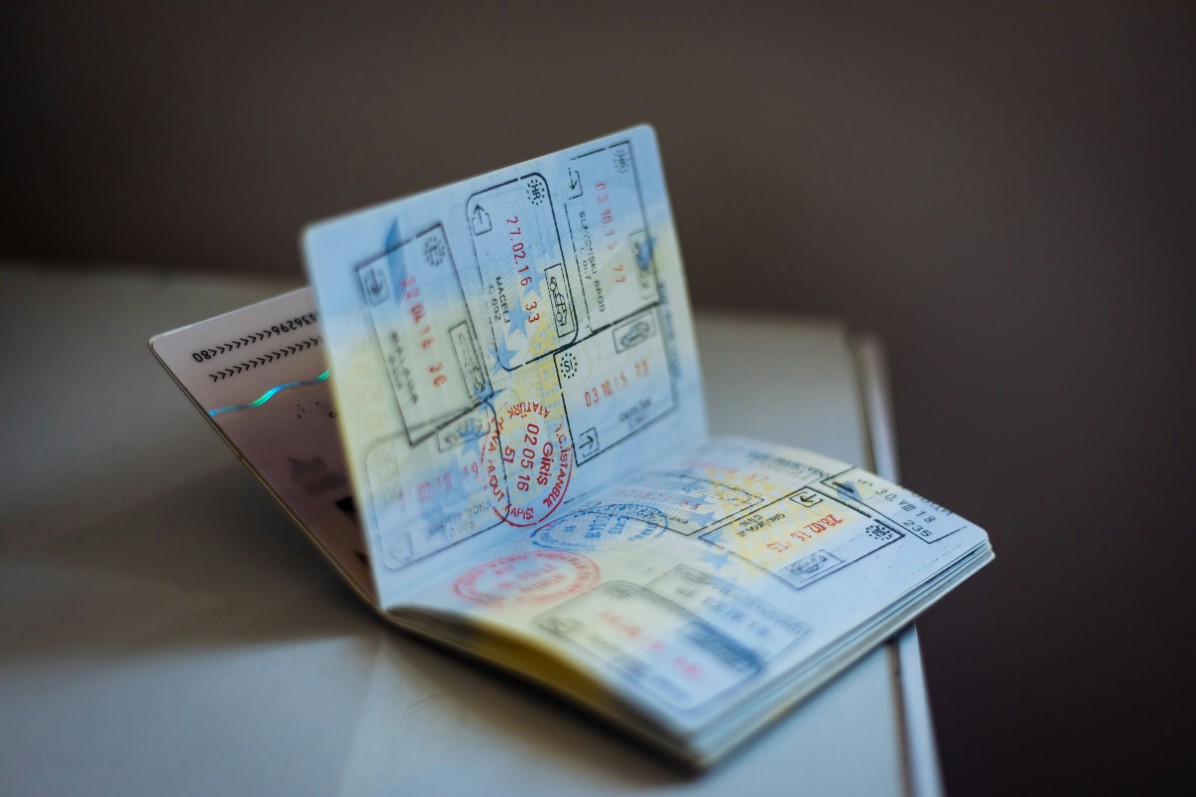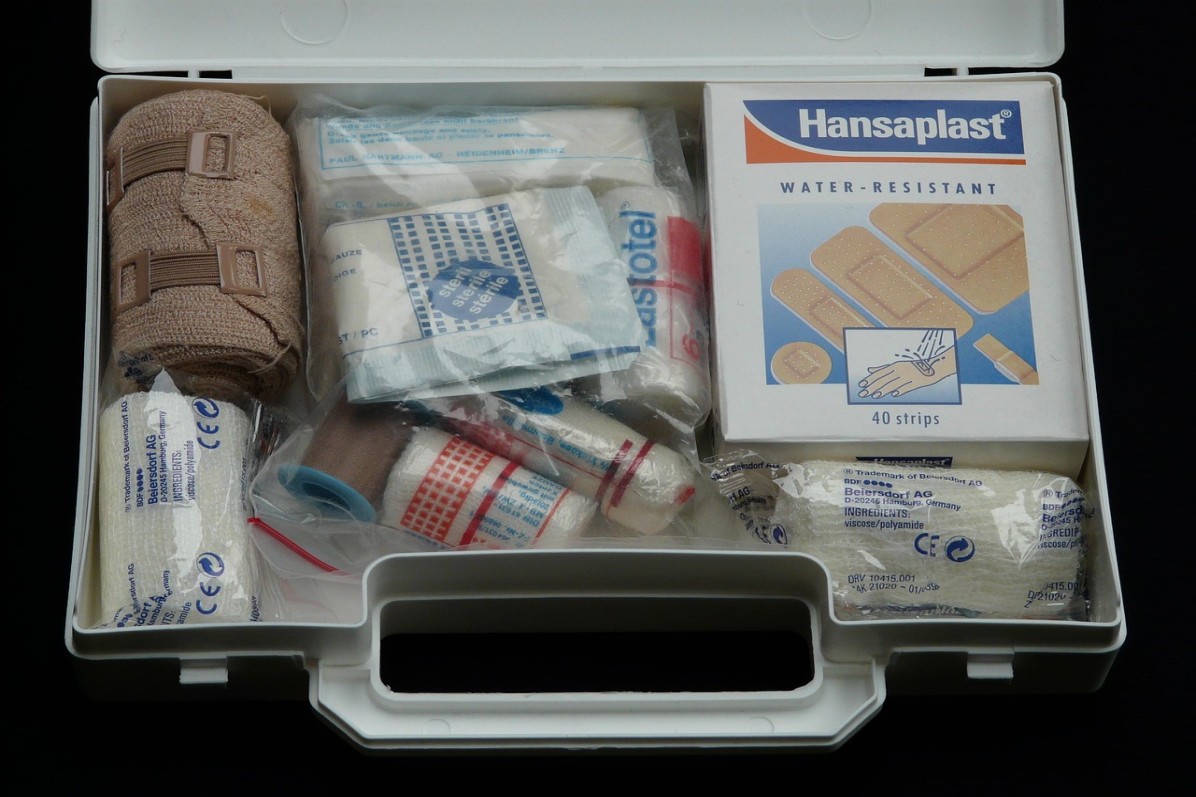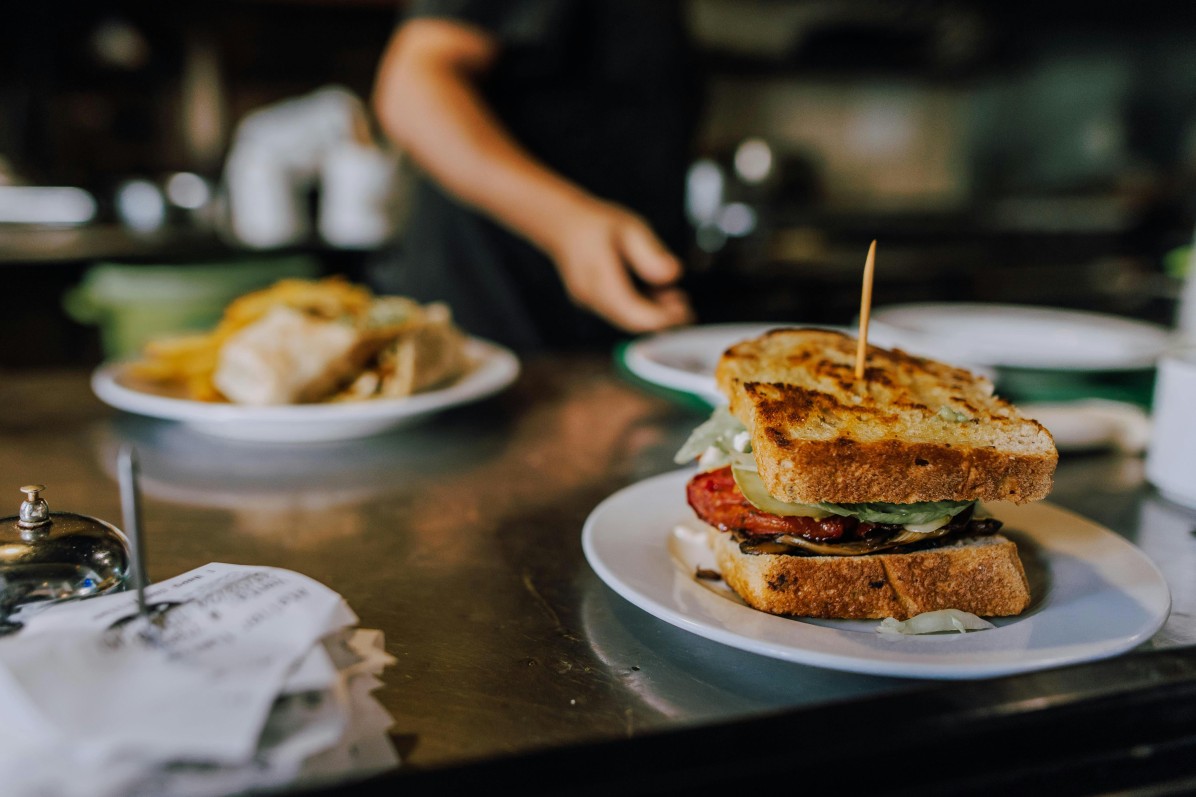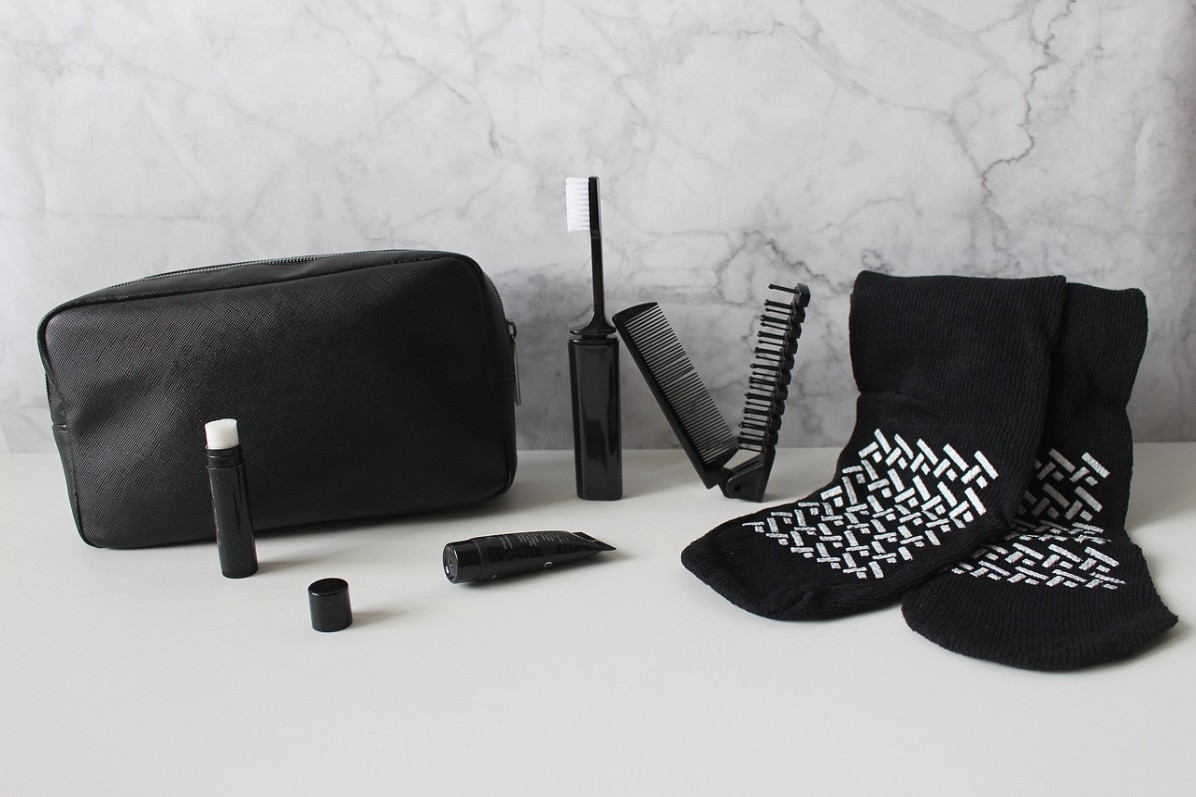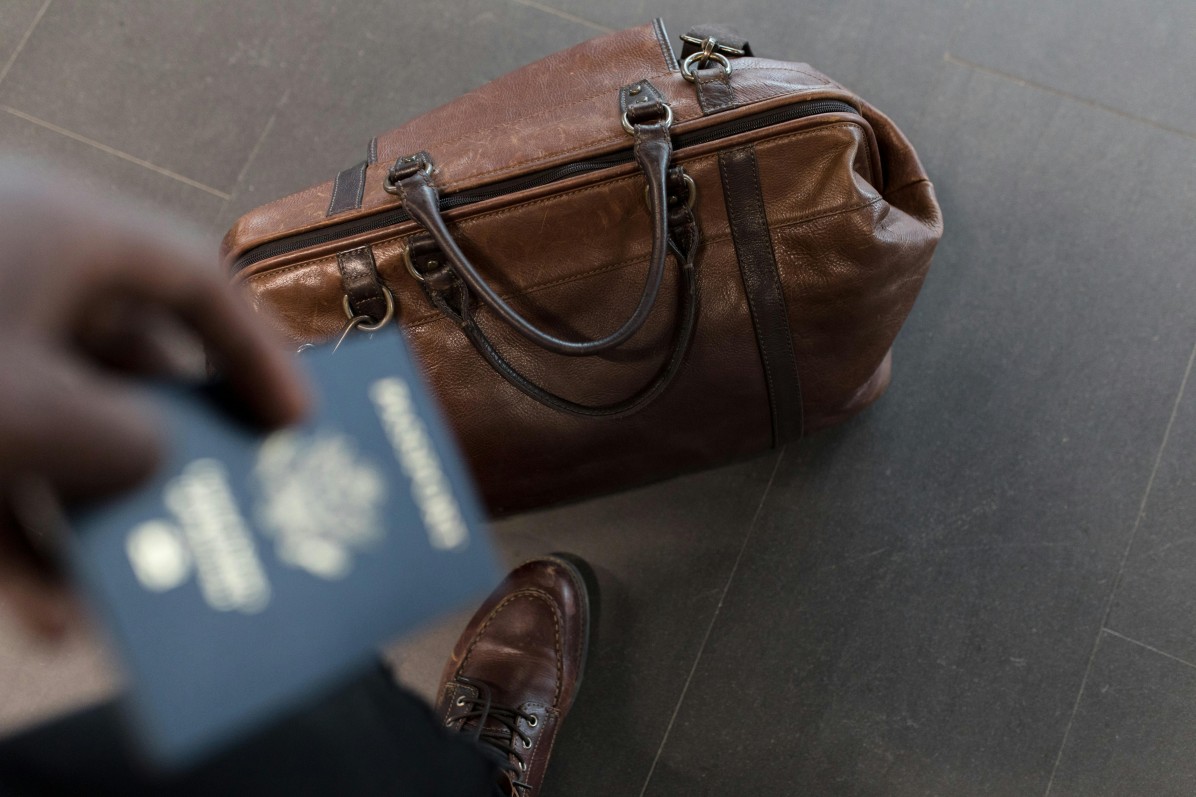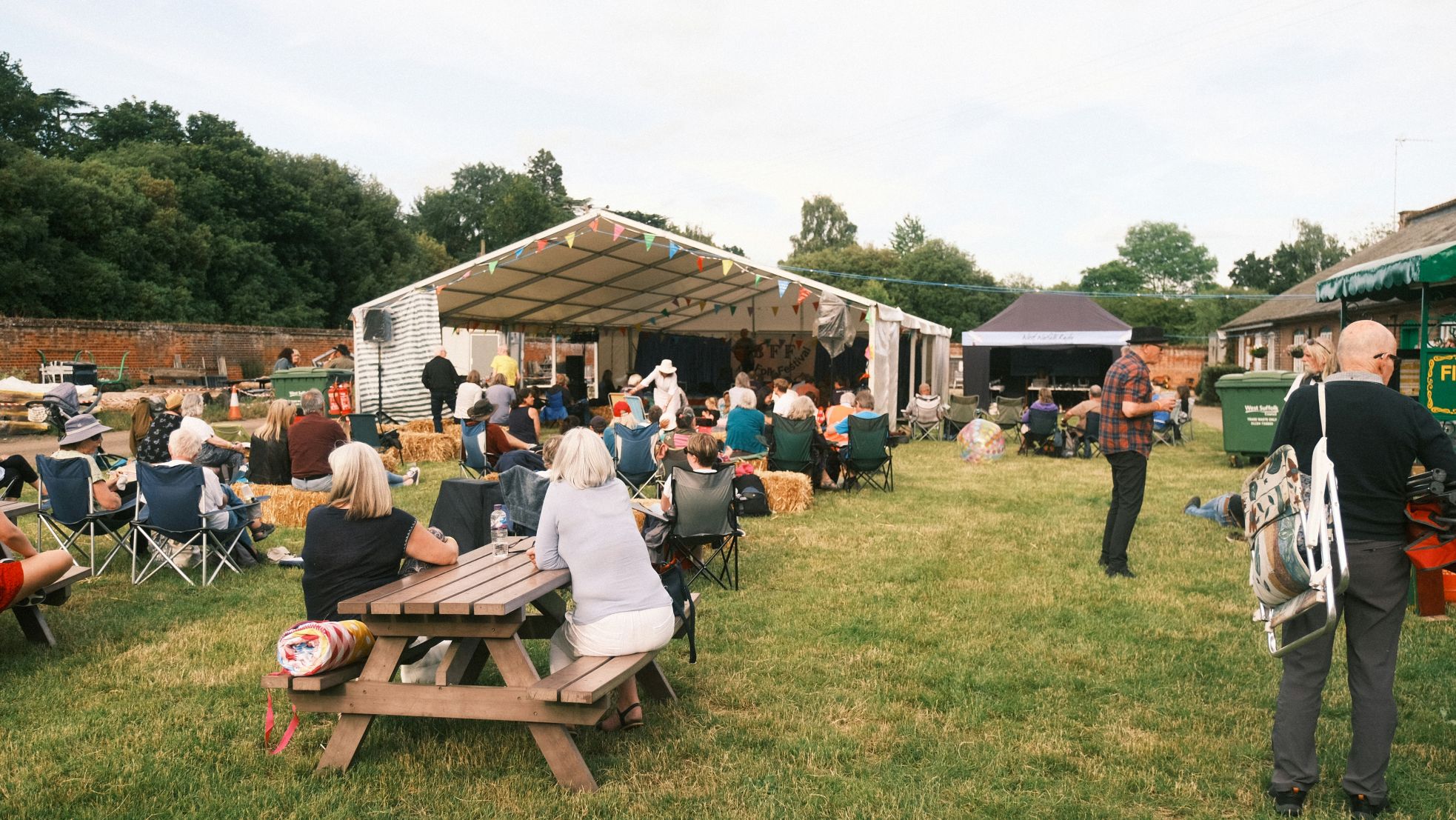Traveling is a bold and liberating experience that fosters self-reliance, self-discovery, and enduring memories. Whether you’re a seasoned traveler or organizing your first solo trip, a little safety planning can make the trip safer and more pleasurable. You will meet people from different backgrounds, try new foods, and learn about cultures that are beyond anything you could have imagined. However, for beginners, the excitement usually outweighs the importance of safety planning.
The goal of this beginner’s guide to safe travel is to prepare a safer trip itinerary for first time travelers. These safety guidelines will make your trip unforgettable for all the right reasons, from digital security and cultural etiquette to packing tips and travel insurance. Following these beginner’s travel safety rules ensures that your first journey is filled with joy, not worry.
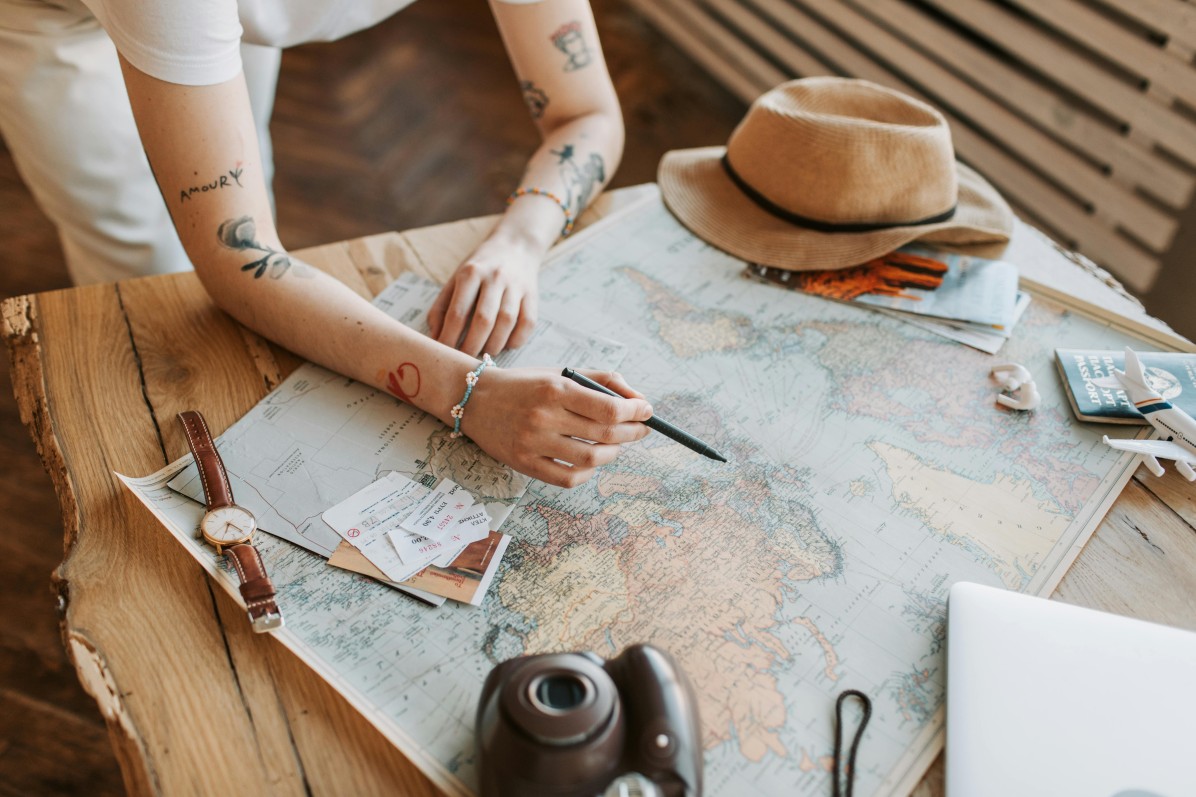
1. Research Before You Go
A little planning makes a big difference. Learn about the local language, transportation, neighborhoods, and emergency procedures. To avoid offending someone unintentionally, educate yourself on local traditions. Researching in advance helps travelers avoid danger, time wastage, and scams. It is one of the best safe travel tips.
Pro Tip: Use apps like Rome2Rio or Google Travel to plan your itinerary. Always find out if your destination requires any special permits or visas.
2. Get Travel Insurance
Travel insurance serves as your lifeline for safe travel and is more than just paperwork. The cost of a single medical emergency overseas can reach thousands. Additionally, insurance covers theft, lost luggage, and cancellations.
Pro Tip: If you plan to participate in adventurous activities like hiking or water sports, choose policies with “adventure coverage” for benefits.
3. Keep Digital & Physical Copies of Documents
Having backup copies of your passport, visa, airline tickets, and insurance is always a good idea. Store printed copies on cloud services and keep them separate.
Pro Tip: Keep a laminated sheet of paper with the contact details and your embassy’s information in your wallet.
4. Manage Your Money Smartly
Avoid carrying too much cash. The safest way to carry money while travelling is by using prepaid forex cards, digital wallets, and a mix of debit and credit cards. Money should be kept in different locations for your wallet, bag, and hotel locker.
Pro Tip: Always keep small change on hand for tips, food vendors, and local transportation.
5. Stay Aware in Public Transport
Be attentive during your travel in public transportations like buses, trams, and crowded metros. Keep an eye on your stations & schedules. Pickpocketing or thefts are common in these areas.
Pro Tip: Plan on using verified ride-hailing services or registered taxis if you’re running late.
6. Blend In With Locals
Those tourists who stand out are frequently targeted. Wear loose clothing, but stay away from branded bags, expensive watches, and flashy jewelry in unfamiliar places.
Pro Tip: Learning five to ten basic local words makes you more approachable and secure.
7. Carry a First Aid & Hygiene Kit
Travel can be ruined by minor problems like headaches or stomachaches. When pharmacies are not open, a first aid kit saves time. Bring masks, sanitizer, medications, and reusable water bottles.
Pro Tip: Important medications should be kept in your carry-on rather than checked luggage.
8. Share Your Itinerary
Always inform someone of your travel itinerary. This is crucial for the safety of solo travelers in particular.
Pro Tip: When traveling a long journey, use Google Maps or WhatsApp to share your current location in real time.
9. Stay Cautious Online
WiFi in public places is convenient but dangerous. Passwords or banking information are easily stolen by hackers.
Pro Tip: Avoid making payments online over public networks and use a VPN for safer browsing.
10. Try Local Food Safely
Although food is cultural, cleanliness is important. To test the stomach’s tolerance, start with small portions.
Pro Tip: Restaurants with consistent local crowds are always a good indicator of tasty and safe food.
11. Know Emergency Numbers
Make a note of the local embassy, ambulance, and police contacts. Put them in writing as well; don’t rely just on your phone.
Pro Tip: The universal emergency number 112 is currently in use in many countries.
12. Choose Safe Accommodations
Make a reservation after reading several reviews. Examine the area, the security features, and the connectivity. Make sure wherever you stay, they are secure and have locks. For low-budget travelers, hostels, homestays, and dharamshalas are good options.
Pro Tip: Hostels exclusively for women or accommodations close to major roads are safer for lone travelers.
13. Solo Travel Safety
Although it is liberating, traveling alone calls for extra caution. Avoid going for a late-night stroll by yourself, don’t tell strangers your entire itinerary, and follow your gut.
Pro Tip: Keep a personal alarm, pepper spray, or whistle on hand in case of an emergency.
14. Packing Essentials
A first-time visitor makes the mistake of overpacking. Only bring items you’ll need, and keep necessities close at hand. It is essential to have a portable charger, a water bottle, a travel pillow, a sturdy backpack, and a universal adapter.
Pro Tip: To prevent overweight baggage, use packing cubes to organize it.
15. Food & Water Safety
Water-borne diseases are common for beginners abroad. Limit your intake to cooked food and sealed bottles of water. Don’t eat salads, ice cubes, or undercooked meat in new places.
Pro Tip: Keep rehydration salts on hand to prevent dehydration.
16. Trust Your Instincts
Your best defense is intuition. If you sense that someone, a place, or a deal is unsafe, leave.
Pro Tip: Safety measures should always come before courtesy.
FAQs
Q1. What is the best safe travel tip for beginners?
Research your destination and stay alert at all times.
Q2. Should beginners always buy travel insurance?
Yes. Emergencies can occur on even short trips; insurance reduces stress and costs.
Q3. What should I pack for safe travel?
It is advised to keep a secure wallet, reusable water bottle, universal adapter, and first aid kit.
Q4. How can I stay safe while traveling solo?
Avoid late-night commutes, share your itinerary, and follow your gut.
Q5. What’s the safest way to carry money?
Keep prepaid forex cards, digital wallets, and cash on hand.
Final Thoughts
In 2025, let awareness, planning, and confidence lead you on all of your travels. Every step of the journey, from learning local customs to packing wisely and maintaining your digital safety, adds to the overall experience.
Most safe first-time travel experiences become cherished memories when safety meets adventure. With The Tarzan Way, we craft journeys that blend smart travel planning with authentic cultural immersion.
So, what are you waiting for? Build your safe travel itinerary, pack your bags, and let your travel dreams come alive in 2025 with The Tarzan Way!

